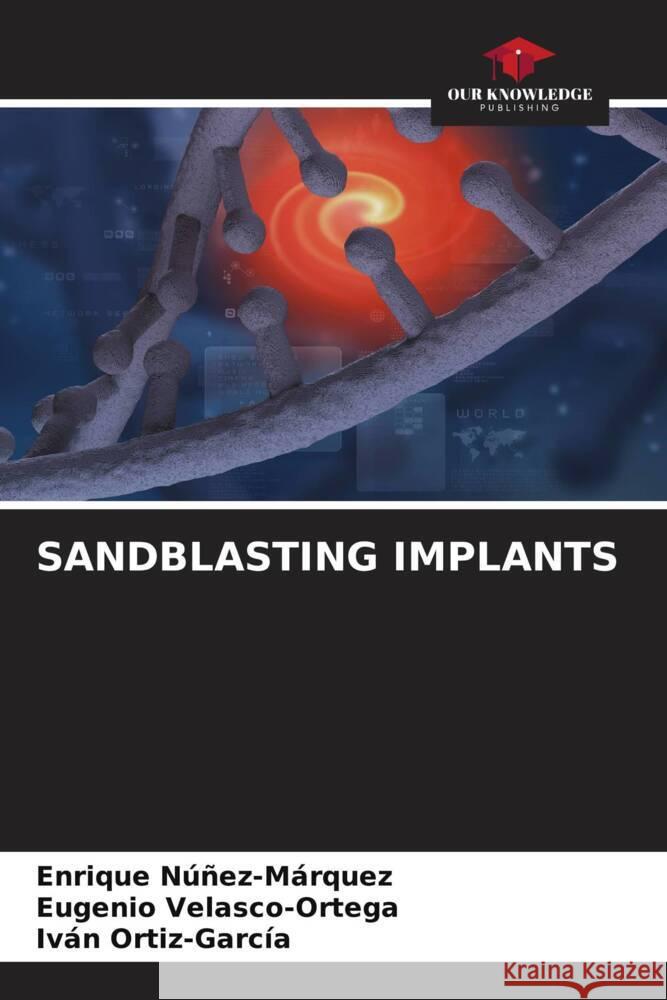SANDBLASTING IMPLANTS » książka
SANDBLASTING IMPLANTS
ISBN-13: 9786204887784 / Angielski / Miękka / 96 str.
Osseointegrated implants are widely used in the dental clinic, and have allowed considerable advances in oral and maxillofacial surgery. Nowadays, it represents one of the options that provides the highest success rate, predictability and advantages, allowing the rehabilitation of patients with single, multiple or total edentulism. The osseointegration of the implant depends on biological and systemic factors of the patient, but the distribution of loads between bone and implant, the surgical procedure for its placement, and the design and surface of the implant are also important. In order to favor as much as possible the healing process between the bone and the implant, several studies have focused on the design of the implant surface, modifying its physical, chemical and topographic characteristics. The implants in the studies have generally been made of titanium, due to the great compatibility demonstrated by this material in contact with the bone.the roughness of the implant surface is considered as one of the most relevant aspects to establish a stable bond with the host bone. The roughness is obtained by various methods such as depo











